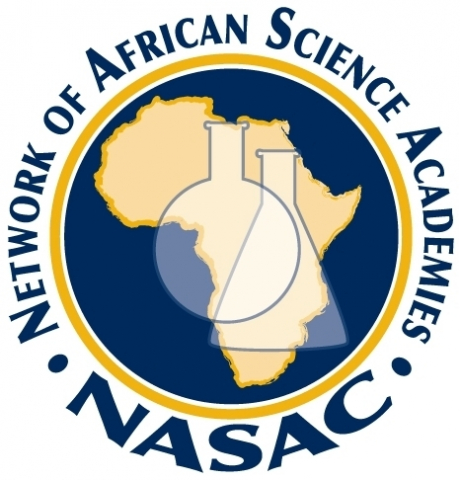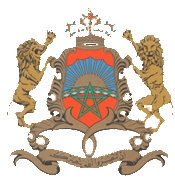Theme: Water and Green Hydrogen – Scientific Pathways for Sustainable Development in Africa
📍 Rabat, Morocco | 17–20 November 2025
🟢 Hosted by the Hassan II Academy of Science and Technology
The Annual Meeting of African Science Academies (AMASA) 2025 will be graciously hosted by the Hassan II Academy of Science and Technology in Rabat, Morocco, from 17 to 20 November 2025. Jointly organized with the Network of African Science Academies (NASAC), this year’s meeting continues AMASA’s tradition as the continent’s premier platform for science-informed policymaking, fostering dialogue between scientists, policymakers, and development stakeholders across Africa and beyond.
Under the timely theme 'Water and Green Hydrogen – Scientific Pathways for Sustainable Development in Africa,' AMASA 2025 will spotlight the interlinked challenges and opportunities at the nexus of water security, clean energy, and climate resilience. The conference aims to inspire robust discussions on how Africa can harness scientific innovation, interdisciplinary collaboration, and policy integration to advance its sustainable development agenda—aligned with the UN Sustainable Development Goals (SDGs), the Paris Agreement, and Africa’s Agenda 2063.
Background and Context
The 2025 edition of AMASA reflects renewed urgency in addressing two vital sectors for Africa’s future—water and green hydrogen. Water underpins life, health, and food security, yet access to safe and reliable sources remains a challenge across the continent. Meanwhile, green hydrogen, produced through renewable sources such as solar and wind, is emerging as a strategic enabler for Africa’s low-carbon industrial transformation. By exploring these intersections, AMASA 2025 seeks to bridge science and policy to support Africa’s resilience and green transition.
Hosting the meeting in Morocco, a continental leader in renewable energy innovation, offers a unique opportunity to learn from the nation’s solar power, desalination, and green hydrogen research initiatives. A technical excursion to Tangier’s industrial port, a regional hub for green logistics and clean automotive production, will provide participants with practical insight into industrial applications of water and energy innovations.
Conference Objectives
- Scientific Deliberation: Examine recent scientific developments in water management and green hydrogen technologies.
- Policy Engagement: Discuss governance and policy frameworks supporting sustainable energy and water systems.
- Capacity Enhancement: Identify strategies to strengthen education, research and innovation across related fields.
- Collaboration and Networking: Foster new partnerships among African academies, global institutions and industry leaders.
- Field Insight: Explore Morocco’s green industrial ecosystem through a guided site visit.
Key Sub-Themes
- Water Security and Management – Innovations in water harvesting, purification and resilience strategies.
- Green Hydrogen Development – Advances in hydrogen production, storage, safety and infrastructure investment.
- Water–Energy–Climate Nexus – Integrated resource management for food security and sustainable agriculture.
- Policy and Governance – Science-driven frameworks and financing models for sustainable transitions.
- Education and Capacity Enhancement – Building skills, inclusivity and regional research excellence for the next generation.
Expected Outcomes
- Conference Communiqué and Policy Briefs outlining actionable recommendations for African policymakers.
- Collaborative Initiatives fostering joint projects among academies, universities, and industry partners.
- Capacity Development Frameworks to advance education, research, and gender inclusion in water and energy sectors.
Participation
The conference will gather a distinguished mix of:
- Members of African and international science academies
- Government representatives, policymakers, and diplomats
- Researchers, academics, and innovators
- Private sector and civil society leaders
- Students and early-career scientists

